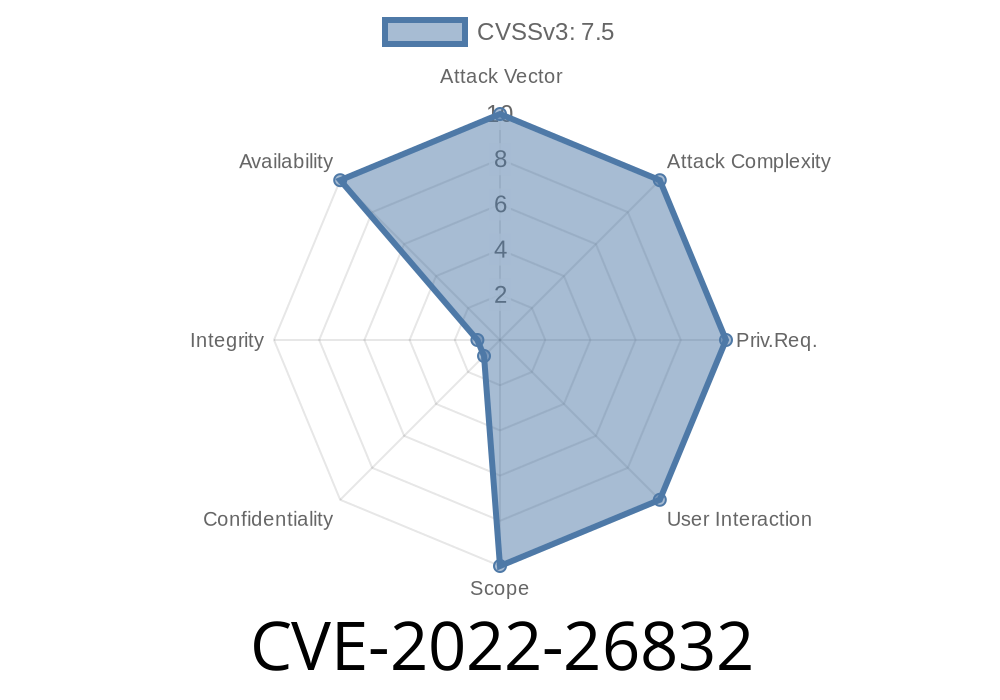This vulnerability is rated as critical severity because it can be used by attackers to crash a targeted system, or possibly execute arbitrary code with the privileges of the logged-in user. Microsoft has released a security patch for this vulnerability. It is recommended to install this patch as soon as possible.
This vulnerability is officially documented by Microsoft as: “An attacker who successfully exploited this vulnerability could take control of an affected system.”
This vulnerability is related to the one described in the previous section: “Microsoft .NET Framework Denial of Service Vulnerability.” These two vulnerabilities are officially documented by Microsoft as: “This vulnerability is caused when the .NET Framework improperly handles authentication requests. An attacker could host a specially crafted website that is designed to exploit this vulnerability and if a user clicks on the link, the attacker’s website could potentially load content from the .NET Framework that is not properly protected. An attacker could also trick a user into visiting a website that is hosting a specially crafted .NET Framework application and if a user does, his system could potentially be exploited.”
Microsoft .NET Framework Remote Code Execution Vulnerability
Microsoft released a security update to fix this vulnerability. If you have not already installed the patch, it is recommended that you do so as soon as possible.
Microsoft .NET Framework Denial of Service Vulnerability
This vulnerability is rated as critical severity because it can be used by attackers to crash a targeted system, or possibly execute arbitrary code with the privileges of the logged-in user. Microsoft has released a security patch for this vulnerability. It is recommended to install this patch as soon as possible.
This vulnerability is officially documented by Microsoft as: “An attacker who successfully exploited this vulnerability could take control of an affected system.”
This vulnerability is related to the one described in the previous section: “CVE-2022-26832 - Microsoft .NET Framework Denial of Service Vulnerability." These two vulnerabilities are officially documented by Microsoft as: “Microsoft .NET Framework Denial of Service Vulnerability.”
Timeline
Published on: 04/15/2022 19:15:00 UTC
Last modified on: 04/26/2022 12:57:00 UTC
